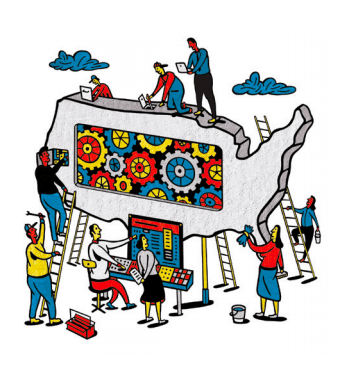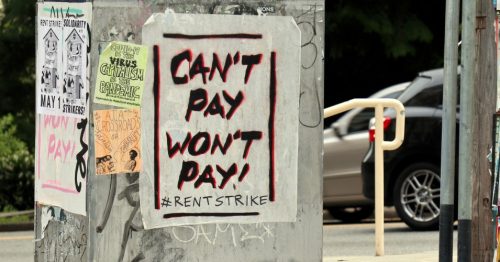I tried to buy The ABCs of Socialism one time. I messed up and bought The ABCs of Capitalism instead. Doing the best I could with the situation, I read the pamphlets and wrote an overview. As it turned out, they’re a – decent, not great – socialist overview of capitalism.
This time I bought the real thing: The ABCs of Socialism, from Bhaskar Sunkara‘s Jacobin crew. Like much of what’s going on in the Jacobin world, it’s influential among many people in the social democratic-to-socialist left. And I think it has much to offer people in that camp.




